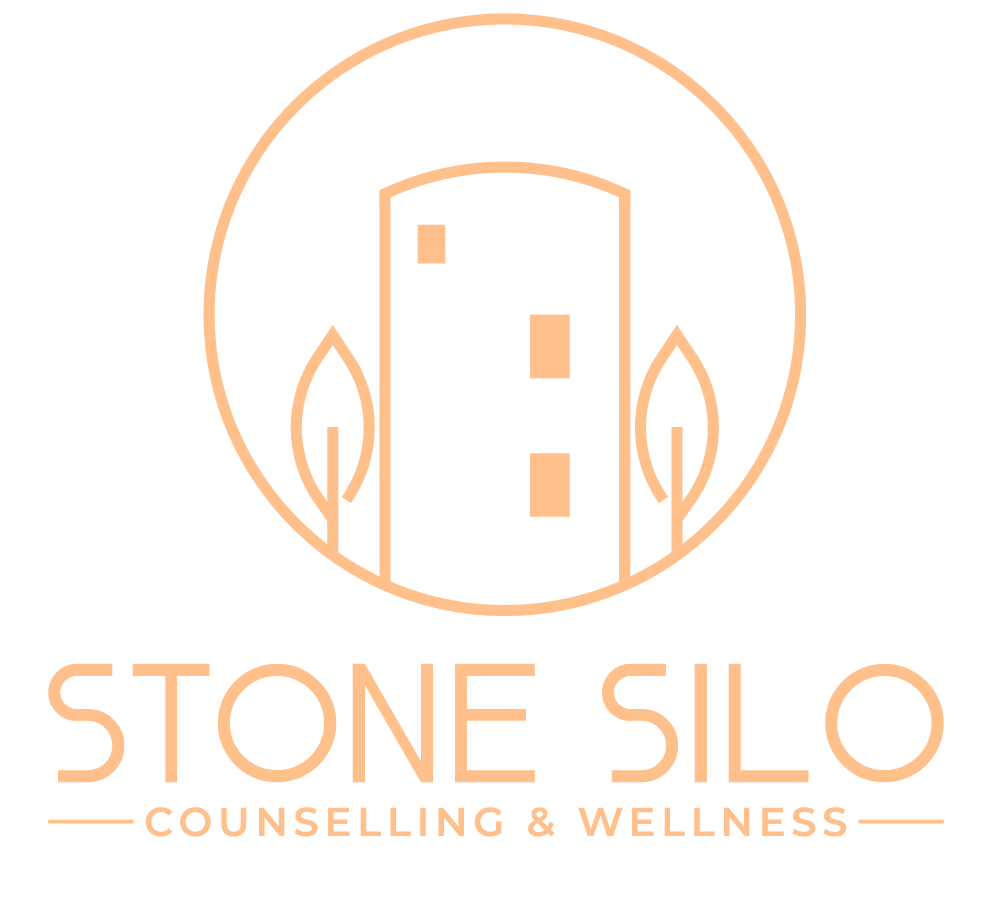Imagine your mental health as a smartphone battery. Most days, it starts at 100% and gets you through your daily tasks with ease. You might notice it dipping to 50% or 40% during stressful times, but a good night’s sleep usually recharges you back to full.
But what happens when your mental battery starts draining faster than usual? When even after a full night’s rest, you wake up feeling only at 30%? These are the moments when mental health support becomes crucial. Just like a phone might need a power bank or a repair, our minds sometimes need external help to recharge. In this guide, we’ll explore how to recognize when your mental battery needs more than just a standard recharge, understand the warning signs of a depleting battery, and learn when it’s time to seek professional mental health support to restore your energy levels and get you back to full power.
Recognizing the Signs
Just as your smartphone has a battery indicator, your mind has its own set of vital signs. Learning to read these signs is crucial for maintaining optimal mental health. When your psychological reserves start depleting faster than usual, it’s essential to recognize the warning signals. These indicators serve as your personal mental health dashboard, alerting you when it’s time to seek professional support.
Mental health experts have identified key areas to monitor:
- Emotional Fluctuations: Your mood is like your mind’s temperature gauge. Persistent sadness, anxiety, or irritability can indicate underlying issues.
- Behavioral Shifts: These are the ‘check engine’ lights of your mental state. Changes in sleep patterns, appetite, or social interactions often reflect internal struggles.
- Cognitive Function: Your ability to focus and make decisions is akin to your mind’s processing speed. When this slows down, it’s a sign to pay attention.
- Physical Manifestations: Your body often expresses what your mind is experiencing. Unexplained aches or physiological responses can be your system’s way of signaling distress.
- Energy Levels: Like a battery indicator, your energy and motivation levels can reveal the state of your mental reserves.
By regularly checking in with these aspects of your mental health, you can catch potential issues early. Remember, seeking help isn’t a sign of weakness, it’s a proactive step towards maintaining your psychological well-being, much like taking your smartphone for an upgrade or repair when it’s not performing at its best.
Understanding Gut Feelings
Gut feelings are more than just a figure of speech, they’re a complex interplay between our brain, body, and emotions. Think of them as your mind’s built-in sensors, working alongside the “battery indicators” we discussed earlier. These intuitive signals complement the more obvious signs of mental health changes, offering a nuanced early warning system.
What Gut Feelings Are
Neuroscientific research has shed light on the biological basis of intuition:
- Neural Networks: Your brain constantly processes vast amounts of information, much of it subconsciously. When a gut feeling emerges, it’s often your neural networks recognizing patterns before your conscious mind catches up.
- Embodied Cognition: This theory suggests that our bodily states influence our thoughts and decisions. Your gut feeling might manifest as a physical sensation because your body is part of the cognitive process.
- Predictive Processing: Your brain is constantly making predictions based on past experiences. Gut feelings can be the result of your brain detecting a mismatch between its predictions and current reality.
The Gut-Brain Connection
Imagine your gut and brain are like best friends who are always texting each other. They’re connected by a special communication system called the gut-brain axis. This system is like a two-way street, allowing your gut and brain to constantly chat and influence each other. Here’s why this friendship matters:
- When you’re nervous, you might feel butterflies in your stomach
- What you eat can affect how you feel emotionally
- Your gut actually makes most of the body’s serotonin, a chemical that helps regulate mood
- Stress can upset your stomach, and stomach troubles can make you feel stressed
- The foods you choose can impact how clearly you think and how well you focus
- Taking care of your gut health might help improve your mental well-being
This intricate relationship between our digestive system and our brain plays a crucial role in our overall mental health. Understanding this connection can provide valuable insights into managing our mental health more holistically.
Why Gut Feelings Shouldn’t Be Ignored
Remember how we said your gut and brain are like texting buddies? Well, gut feelings are the important messages from this friendship. Here’s why we should pay attention:
- Early Warning System:
- Gut feelings can alert you to potential dangers or opportunities before your conscious mind catches up.
- They’re often your brain and gut working together to process information quickly.
- Inner Wisdom Guide:
- These intuitions can steer you towards positive experiences, tapping into years of stored experiences and lessons.
- Decision-Making Ally:
- When logic falls short in complex situations, gut feelings offer valuable input from your subconscious knowledge.
- Professional Instinct:
- Even in high-stakes professions, gut feelings play a role. Experienced detectives often rely on their “gut instincts” to guide investigations, picking up on subtle cues their conscious mind might miss.
By listening to these gut feelings alongside other mental health indicators, you’re utilizing your body’s natural wisdom to make more informed decisions and care for your well-being. Just like a detective piecing together clues, your gut feelings can help you uncover important insights about your mental health.
Differentiating Between Anxiety and Genuine Intuition
As we learn to trust our genuine intuitions and recognize when anxiety is clouding our judgment, we open the door to more balanced decision-making. This self-awareness becomes a valuable tool in managing our mental health.
It’s crucial to distinguish between anxiety and true gut feelings:
- How effectively am I responding to my emotional needs?
- Are there areas where I might benefit from additional support?
- What proactive steps can I take towards maintaining my mental well-being?
Remember, genuine intuition often comes “cool and clear without emotions,” while anxiety might feel like “a small fire that quickly spreads”. By understanding and tuning into our gut feelings, we can harness this innate wisdom to navigate life’s challenges more effectively.
Taking Action: Responding to Your Mental Health Signals
When it comes to mental health, recognizing when to seek help is just the beginning. The real power lies in taking action based on the signs your mind and body are sending you. Remember those gut feelings and mental battery indicators we discussed? Now it’s time to respond to them effectively.
It’s important to note that if you’re reading this, you’ve already taken a significant step forward. The very act of searching for information about what you’re experiencing and learning how to deal with it is a win. It shows self-awareness and a proactive approach to your mental health. Congratulate yourself on this important first step!
When to Seek Help
- Persistence of symptoms: If you experience symptoms like persistent sadness, excessive worry, or mood swings for two weeks or more, it’s time to seek help.
- Impact on daily functioning: When your mental state interferes with work, school, or relationships, professional support may be necessary.
- Thoughts of self-harm: If you have thoughts of harming yourself or others, seek immediate help.
- Trusting your Gut feeling: If you feel something isn’t right, even if you can’t pinpoint why, it’s valid to seek support.
Steps to Get Support
- Talk to trusted individuals: Confide in friends, family members, or mentors who can offer initial support and guidance.
- Consult healthcare professionals: Start with your primary care physician, who can assess your symptoms and provide referrals if needed.
- Reach out to mental health specialists: Therapists, counselors, and psychologists are trained to provide specialized support.
- Use helplines and online resources: For immediate assistance, especially in crisis situation, contact emergency services or mental health hotlines.
Overcoming Barriers to Seeking Help
- Addressing stigma: Remember that seeking help is a sign of strength, not weakness. Educate yourself and others about mental health to combat misconceptions.
- Finding affordable options: Explore sliding scale fees, payment plans, telehealth options, and insurance coverage for mental health services.
- Emphasizing the strength in asking for support: Recognize that taking care of your mental health is as important as physical health. It’s a proactive step towards overall well-being.
Remember, mental health conditions are treatable, and early intervention can significantly improve outcomes. At Stone Silo, we understand that taking the first step towards mental health support can feel daunting. That’s why we’ve made it as easy and accessible as possible. No referral is needed to start your journey with us, you can book a free 15-minute consultation with one of our compassionate professionals in our Waterloo and Listowel location. A no-pressure way to explore your options and get a feel for what support might look like for you. Remember, seeking help is a sign of strength, not weakness. Your mental health matters, and taking this small step could be the beginning of a transformative journey.


